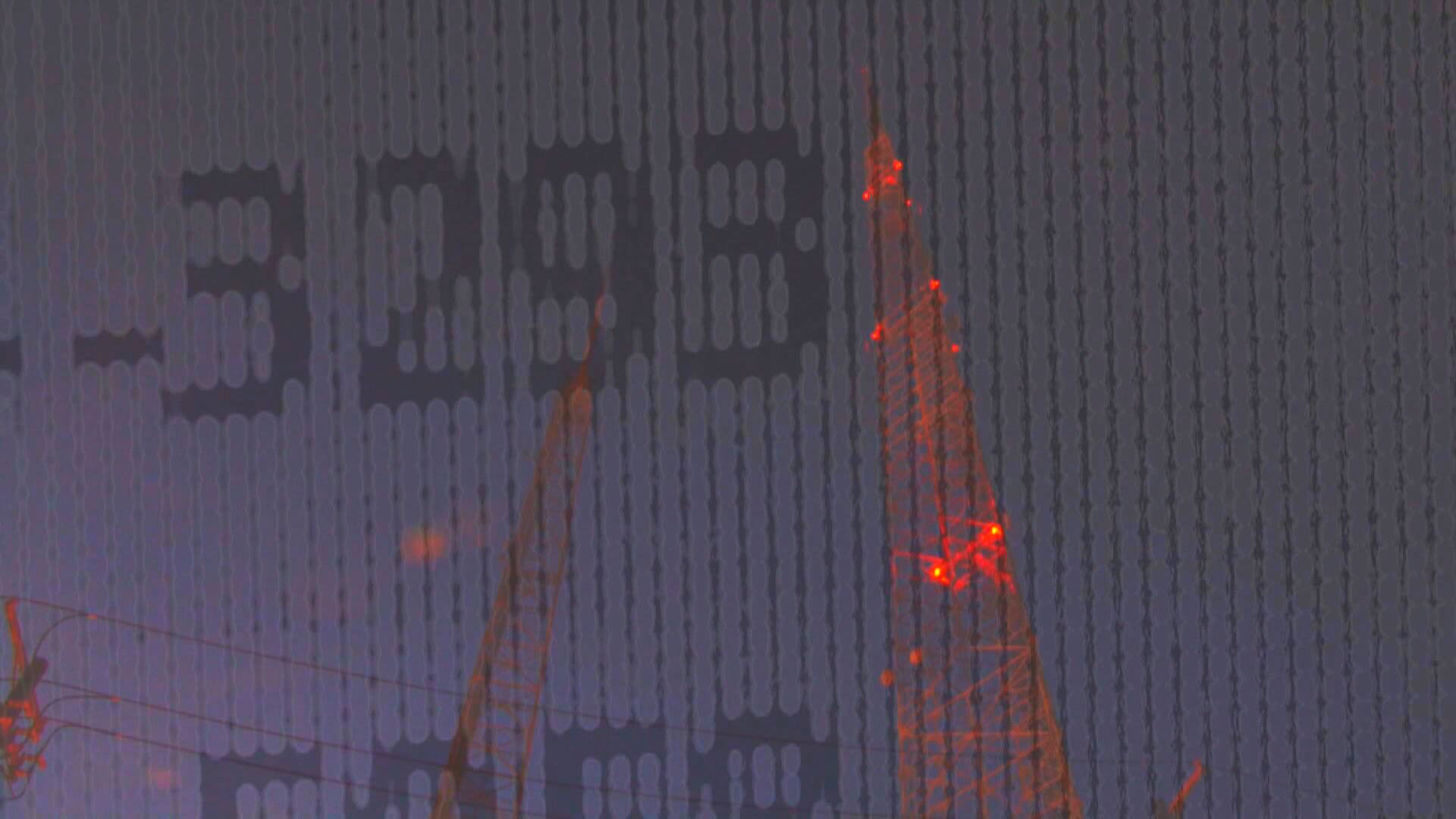It's a device used to track high-profile criminals, from wanted felons to terrorists. But, the Stingray device can also turn your phone into a tracking device. The Pinellas County Sheriff's Department uses Stingray.
While sheriff's deputies use the device to catch a fugitive or even a felon, if you are in a one-mile radius of where they ping the number, your phone number will also be collected.
It's a topic that's raised privacy concerns with civil liberty groups around the nation.
"Whenever we have tracking devices that are enabled, that raises privacy concerns. We have a right not to be tracked in our day to day lives unless there's a reason law enforcement needs that information," says Florida ACLU staff attorney Adam Tebrugge.
Groups like the ACLU want to make sure the proper steps are taken in court so no one's rights are violated. Pinellas County Sheriff Bob Gualtieri says his department has never used Stingray without obtaining a court order.
"I have also heard the sheriff say that they are not letting the judges know that they are using the Stingray device," Tebrugge says.
"We do not use it unless we get a court order. We should all assume that judges are doing their jobs, and when we provide the paperwork to the judge, the judge is going to carefully review it and carefully consider it and make a determination as to whether or not it meets the legal threshold. If it does, we go through with it. If it doesn't they deny it, which they should," says Sheriff Gualtieri.
While your phone number may be collected, Sheriff Gualtieri says that's all the information the Stingray gets from you.
"No data, no phone calls, no text messages, no communication."
Regardless, he's quick to remind you that anyone who has a cell phone is already making their information available to anyone who has the right software to get it.


